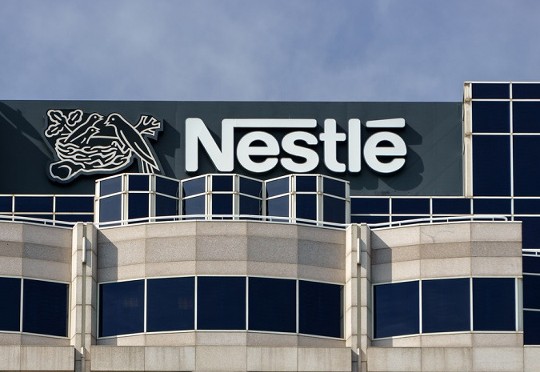Nestlé is partnering with the Centre for No-Till Agriculture (CNTA) at Nkawie-Toase, in the Ashanti Region, to implement regenerative agricultural practices for maize in Ghana.
The company is transitioning to sustainable coffee farming in Côte d’Ivoire through the Nescafé Plan.
In addition, it is also pioneering regenerative dairy farming by establishing the first net-zero dairy farm in Skimmelkran, South Africa. Net zero is the commitment to achieve zero carbon emissions by 2050.
The Head of Corporate Communications and Public Affairs of Nestlé Central and West Africa, Patricia Ekaba, said climate change is one of the biggest risks to food production, impacting food security and people’s livelihoods. She said, for this reason, food systems need to undergo a transformation to be more productive and sustainable to reduce hunger and provide a more stable source of income.
Nestlé supports Africa Food Prize.
To further show its commitment to agriculture on the continent, Nestlé is contributing $100,000 to partner with the Africa Food Prize to help accelerate the transformation of food systems on the continent, as a way of strengthening food security and building greater climate change resilience.
The Chief Executive Officer of Zone Asia, Oceania, and Africa, Nestlé Remy Ejel, said, changing agriculture to become more productive and sustainable is key to reducing hunger and improving livelihoods for the long term. He said the aim is to support and amplify efforts that spearhead regenerative agriculture and food systems to enable better productivity, better nutrition, and better incomes for people in Africa.
Commenting on the partnership, Dr. Agnes Kalibata, President of AGRA said, the group is happy to be partnering with Nestlé to recognize Africa’s best in food systems.
The Africa Food Prize, which is hosted by the Alliance for Green Revolution in Africa (AGRA), awards $100,000 to individuals and institutions that are pioneering agricultural and food systems transformation in Africa. It puts the spotlight on uniquely impactful agri-food initiatives and technological innovations that can be replicated across the continent to increase food security, spur economic growth and development, and eliminate hunger and poverty in Africa.
This year, Dr. Eric Yirenkyi Danquah, a plant geneticist from the University of Ghana’s West Africa Centre for Crop Improvement (WACCI), was awarded the prestigious prize for his outstanding expertise and leadership in establishing and developing WACCI into a world-class centre for the education of plant breeders in Africa.
Nestlé’s partnership with the Africa Food Prize builds on its years-long work in Africa to improve the continent’s nutrition and agriculture. In early 2022, Nestlé launched an innovative income accelerator programme, aimed at addressing child labour risks and closing the living income gap for cocoa-farming communities in Côte d’Ivoire and Ghana.








